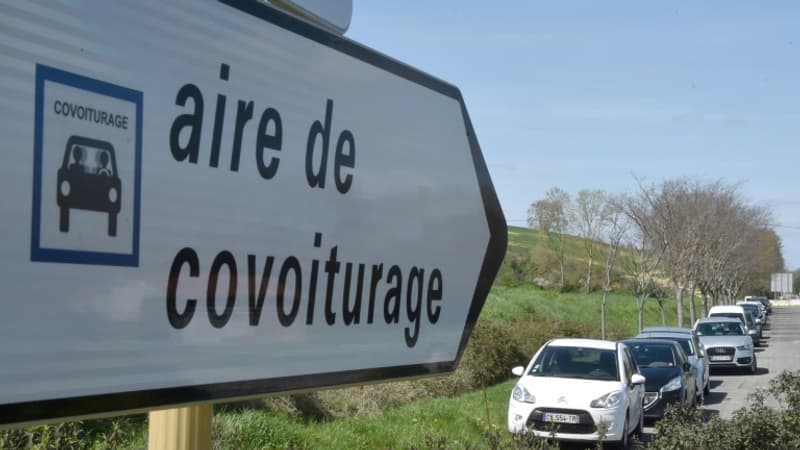The car is still essential in France: it is still necessary daily for millions of homes, and the alternatives do not yet cover the entire territory. But new expectations are emerging: financial arbitrations, environmental concerns, search for more flexible solutions … How to rethink the use of the car without falling into utopia or dogma?
Of a good individual resource in shared
We are witnessing the increase in exchange models applied to mobility: people make their vehicles available through platforms. It is not a total rest, but an additional brick that values an existing park largely underutilized. Interest is multiple: flexibility to meet specific needs or long term, economic accessibility compared to purchase or lease, and the ability to adapt to several uses.
Therefore, the individual becomes a “provider” of local mobility, in addition to public transport or conventional rental companies. There are many use cases: vacation output, trips to poorly attended areas, specific needs of a suitable vehicle (family, utility, electricity). This logic opens the way to a more distributed mobility, where the car ceases to be just a good individual to become a shared resource.
An evolution of mentalities, carried by the new generations
Among the growing pressure of the automotive budget, environmental awareness and the search for more flexible solutions, new expectations appear. Almost 4 out of 10 French already declare more than 200 euros per month for their car*, a considerable weight for younger homes.
In large cities as in certain peri -urban areas, we are already observing different behaviors: a greater attraction for shared mobility, financial arbitrations about the daily use of the car or the desire to diversify the modes of transport, while almost one in three French people estimates today that could dispense with a daily car*.
These signals, even in the minority, reflect a progressive evolution of mentalities, particularly visible in young generations.
Challenges to assume to expand these practices
Recognizing reality in the field is essential. Today, the car -compared is still more developed in certain territories, but its potential is still wide. The challenges are not only technological: they also fall under the ability to simplify routes, strengthen trust among users and support infrastructure development, especially for electricity. So many levers that, once activated, will expand and consolidate these practices.
What role for public authorities?
Today, mobility help is almost exclusively oriented to purchase (ecological bonus, conversion bonus). However, support for shared use models could have a rapid impact on stock reduction and rolling emissions. There are clues: Help for the shared vehicle equipment (tracers, recharge), tax incentives, integration into the mobility plans of the communities.
The question deserves to be formulated: should we expand public support to support these emerging models in the same way as electric or public transport? Because, beyond a trend, autoinar represents a concrete and immediate lever to face the economic and ecological challenges of mobility in France.
*Caristury Turo / Opinionway Barometer May 2025
Source: BFM TV


